How Ozark Subverted One of the Most Tired Crime Genre Clichés
-
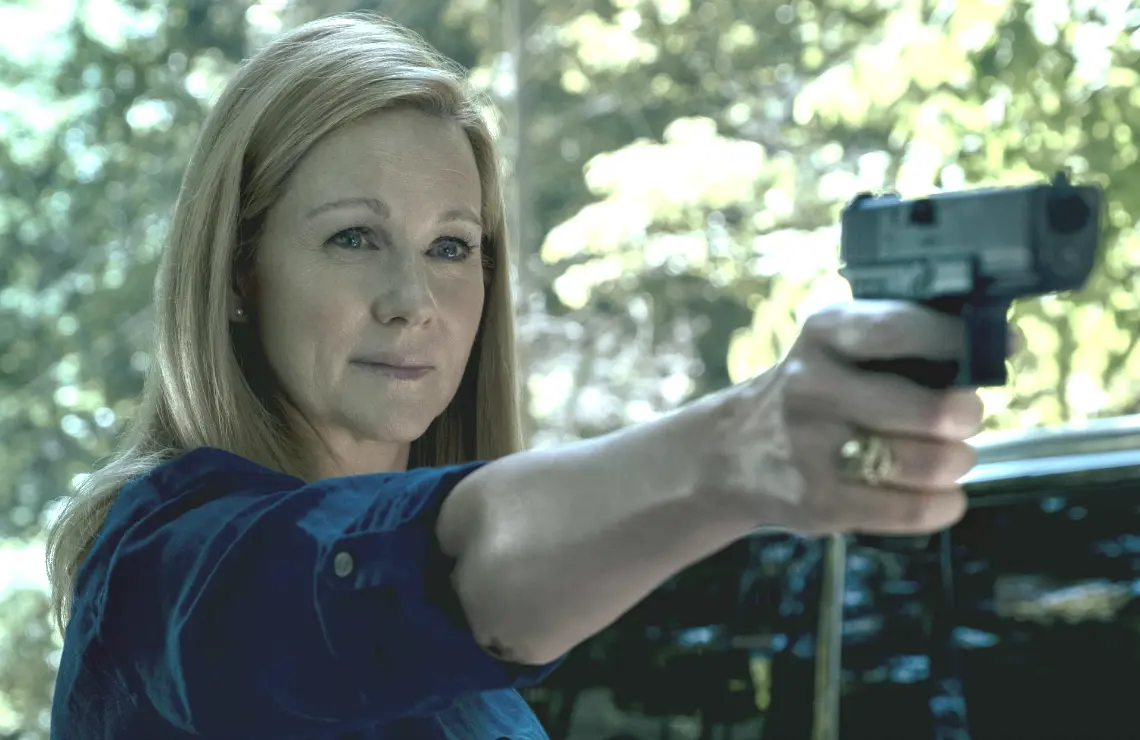
With so many crime series dominated by male leads, female characters have too often been relegated to roles as seductive sirens, damsels in distress, dead bodies, oblivious romantic partners, and nagging wives. Thankfully, the same cannot be said for Ozark, the Netflix original series that not only seems aware of those clichéd, problematic characterizations, but consistently challenges them, often to great effect.
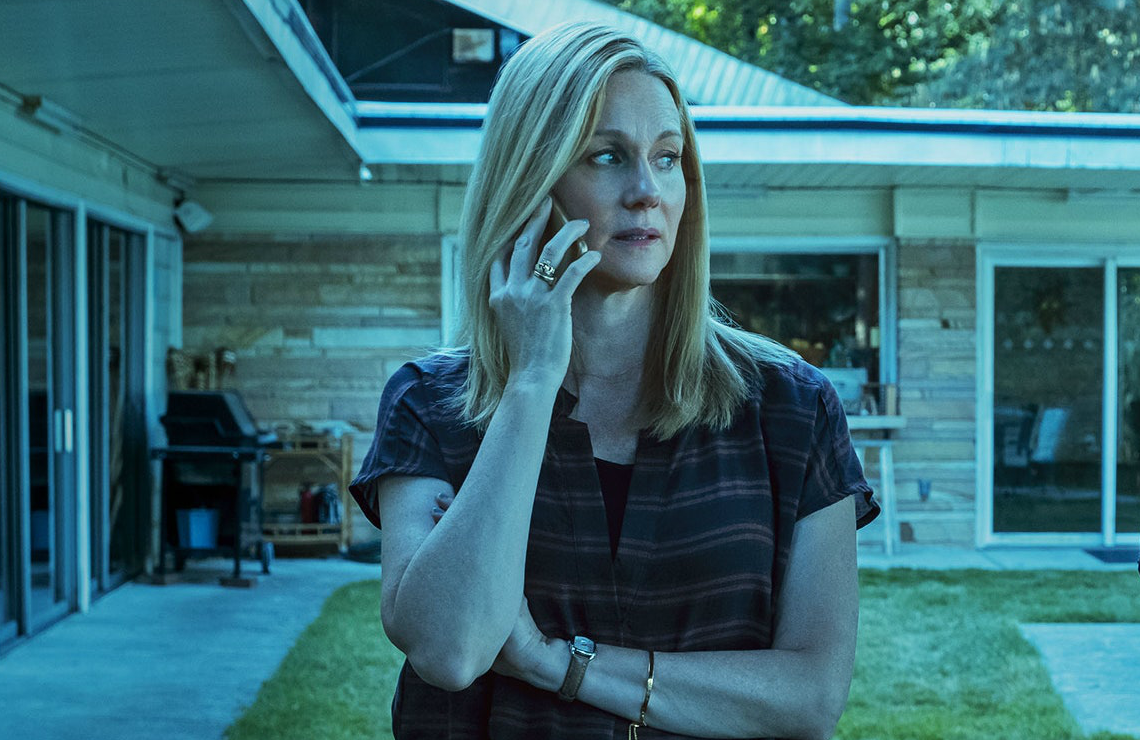
Nowhere is this better exemplified than in the way the show has developed the character of Laura Linney’s Wendy Byrde. Introduced as the unfaithful wife of Jason Bateman’s Marty Byrde, Ozark pretty quickly sets up Wendy as — to use a well-known example — the Skylar to Marty’s Walter White. A quarter of the way into the show’s pilot, we feel pretty confident that Wendy will be A) oblivious to her husband’s crime dealings and B) mostly exist to worry and verbally condemn all of Marty’s actions.
It's not long before Ozark begins dismantling those expectations, revealing early on that Wendy is well-aware of Marty’s connections to the Navarro Cartel, and has been for some time. The subversions continue throughout the first season, as Wendy begins helping Marty’s money laundering operation and pulling political moves of her own, all before her arc becomes even more pronounced in the show’s sophomore season.
What begins as her gradual inclusion in Marty’s business operations turns into a full-blown partnership between the spouses in Season 2. Eventually, Wendy is even more entangled in the crime business than her husband. Of course, Marty only learns about this in the closing moments of the second season, like Kay Corleone realizing too late just how dangerous her spouse had become at the end of The Godfather. Except, in Ozark, it’s the wife who has made the descent into the deepest depths of moral darkness. Contrary to what viewers might have expected, Wendy is the one who's beginning to most resemble Walter White.
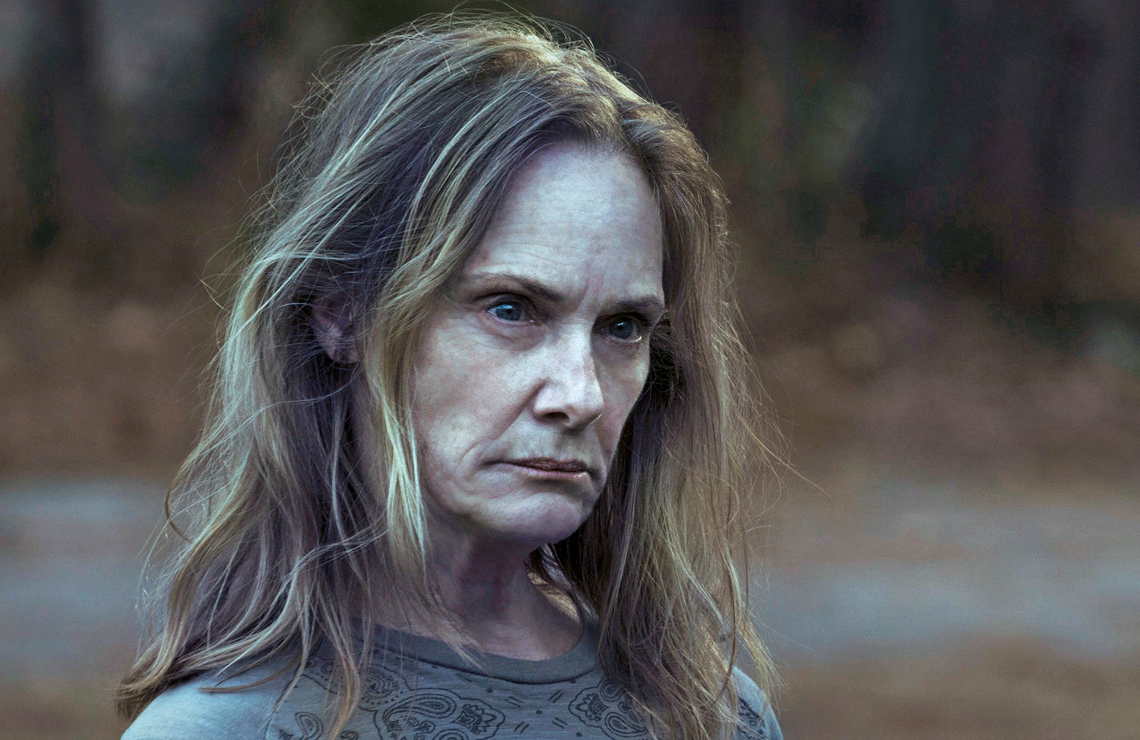
Ozark achieves a similar genre subversion in the relationship between Jacob (Peter Mullan) and Darlene Snell (Lisa Emery), the resident crime lords of Osage Beach. A strong couple in the first season, Jacob and Darlene’s relationship frays throughout Season 2, as Jacob engages in ongoing negotiations and compromises with Marty and the Cartel, despite Darlene believing that they shouldn't give a single inch to their prospective business partners.
Their relationship reaches a tipping point near the end of the second season, as Jacob comes to realize that he will have to kill Darlene if he wants to avoid an all-out conflict with the cartel. Unfortunately for him, Darlene beats him to the punch, and poisons him on one of their morning walks before he can strike the killing blow. It’s a shocking and unexpected turn, especially considering how much time the series spent setting up Jacob’s steady, menacing demeanor.
But from the second that she killed Del (Esai Morales) in the Season 1 finale, Ozark has established Darlene as the show’s resident loose cannon — again, a role that is typically reserved for men in this genre (think Joe Pesci’s Tommy in Goodfellas or Raymond Cruz’s Tuco in Breaking Bad). The show further delivered on that promise in its second season, with Darlene spiking one of the Snells’ own heroin shipments, killing her husband, and shaving the head of the Byrdes’ young son, Jonah (Skylar Gaertner).
The character’s actions, combined with Lisa Emery’s unnerving performance in the role, make Darlene Snell a bracing example of how women can be just as terrifying and unpredictable in these kinds of stories as their male counterparts.
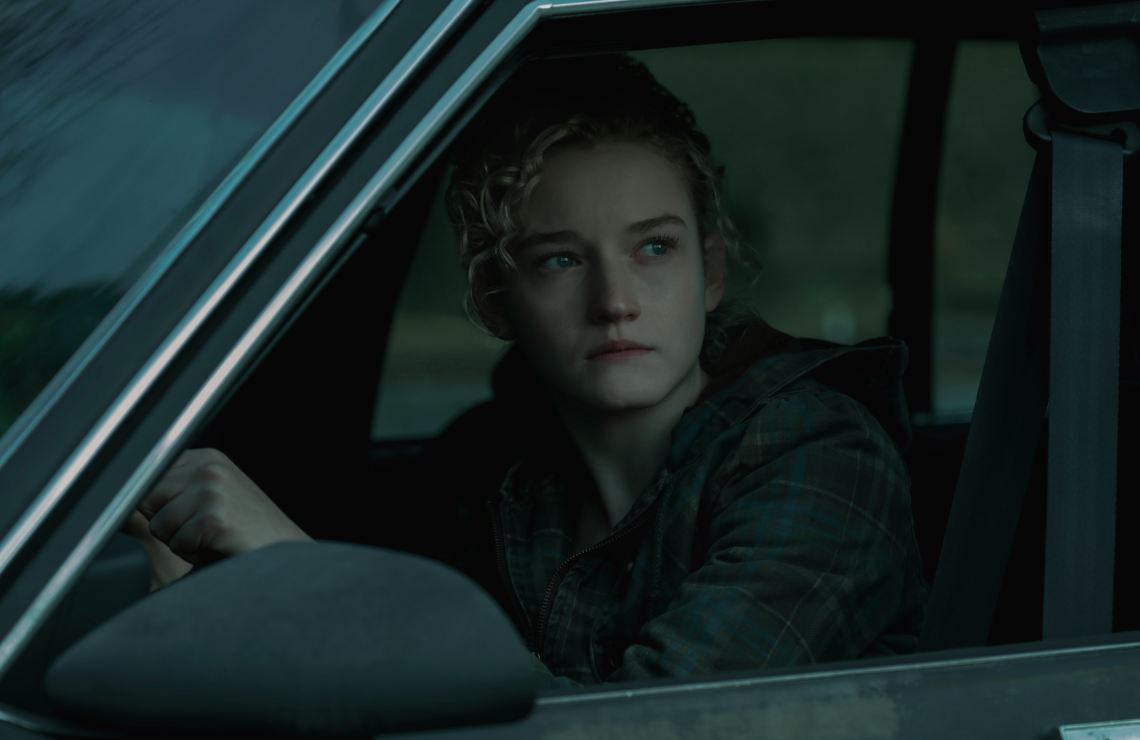
Darlene, Wendy, and even the steely cartel lawyer, Helen Pierce (Janet McTeer), are all excellent examples of Ozark’s ability to craft compelling, and shockingly ruthless female characters. But the show’s best character is Ruth Langmore. Played by Emmy winner Julia Garner, Ruth has had the most eventful and absorbing journey of any of the show’s characters.
Initially introduced as little more than a hillbilly thief, viewers watched throughout the show’s first season as Ruth used her intellect and ambition to secure a place for herself in Marty’s operation before breaking free of the constant demands of her male family members. Then, in the second season, Ruth continued her work for Marty, all while navigating a tricky relationship with her ex-con father, and single-handedly taking care of her two orphaned cousins.
She’s had to juggle just as many problems — if not more — than either Marty or Wendy, and the fact that she pulls it off so convincingl, is a testament to both Garner’s performance and the strength of Ruth in general. She’s the most dimensional of any of the show’s characters, and fills an integral role in Ozark’s story, without ever falling into any of the same clichéd stereotypes that typically befall so many of the crime genre’s female characters.
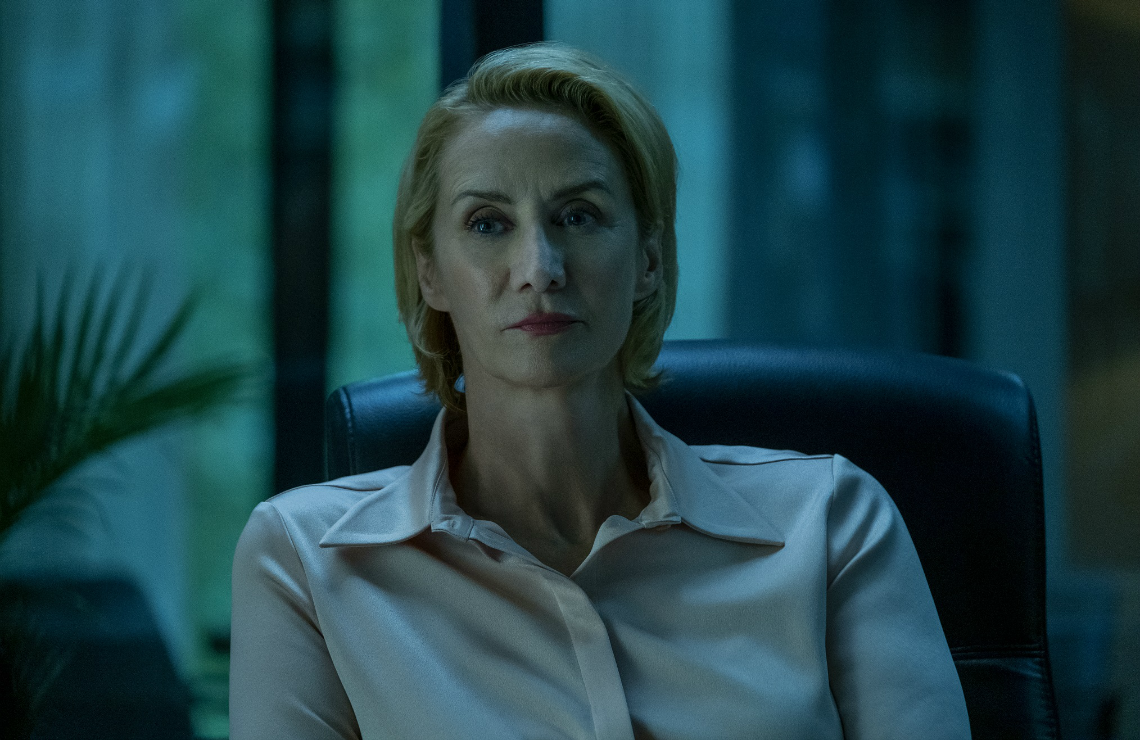
Now it should be said that none of these subversive character decisions work simply because they go against our expectations, but because Ozark actually took the time to make Wendy, Darlene, Ruth, and Helen feel like authentic characters. They believably exist in the show’s gloomy, violent world, and they all make surprising choices without ever betraying their own very specific, established personalities. The paths they've taken up to this point have all felt natural, not forced.
So, as we dive into the third season, it’s important to note that if Ozark has already done one thing absolutely right, it's the show's creation of some of the best female characters on TV right now, and all signs point toward even more exciting and refreshing possibilities in the future.
The third season of Ozark drops today on Netflix.
People are talking about Ozark in our forums. Join the conversation.
Alex Welch has written about television and film for TV by the Numbers, IGN, The Berrics, Paste Magazine, Screen Rant and GeekNation. Follow him on Twitter @alexrwelch.
TOPICS: Ozark, Netflix, Janet McTeer, Jason Bateman, Julia Garner, Laura Linney, Lisa Emery